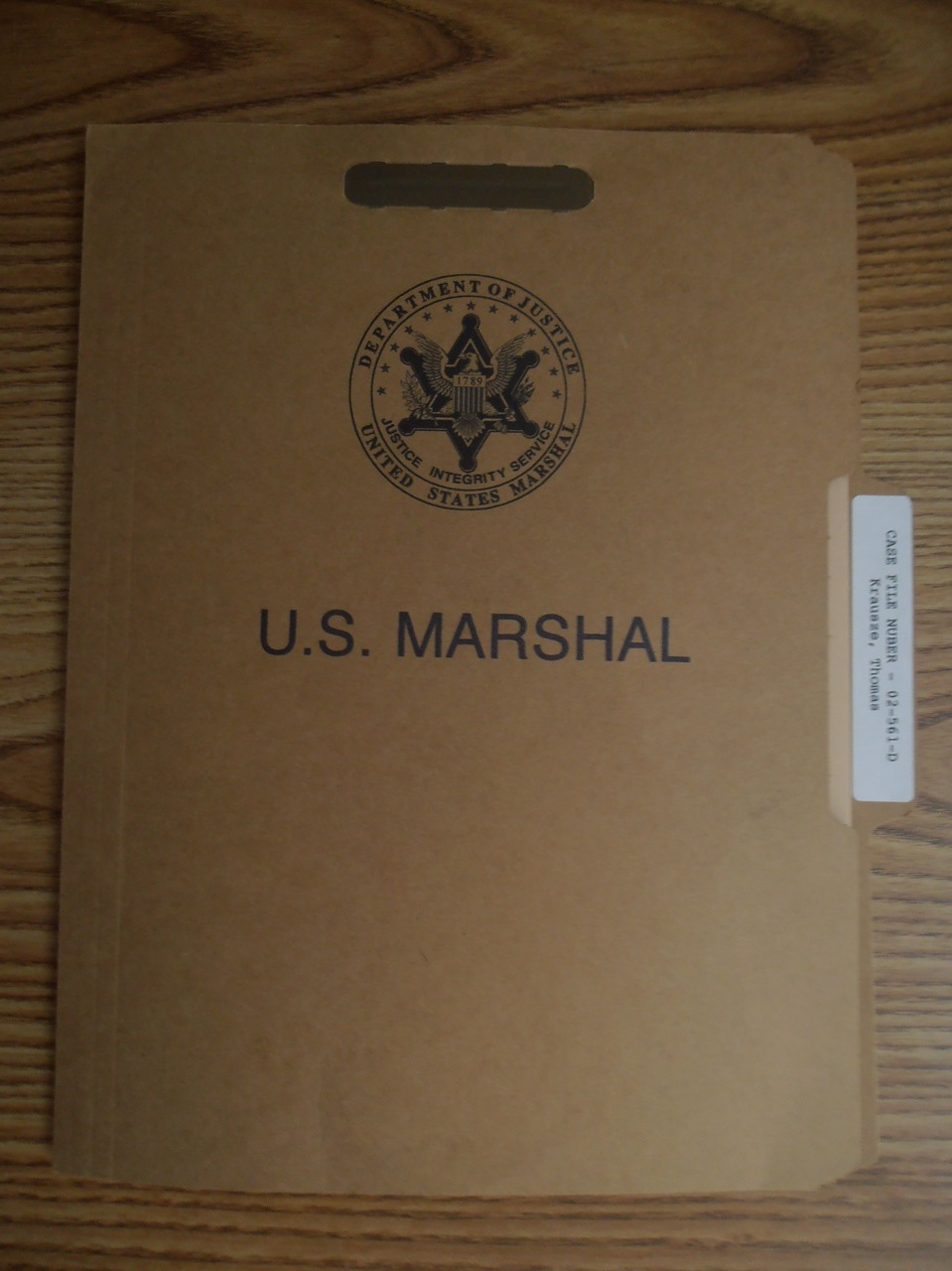

Your attorney also will review the police department or other law enforcement agency’s confidential informant guidelines to ensure the officer offering you a CI position is acting within regulations. You need to find out how often the police are looking to be kept apprised of a criminal situation, as well as how you will be required to pass along information. They want information they can use to gain an indictment, arrest, and conviction in court. The police and prosecutors will need information that is credible and actionable. You need to know what is expected of you,for how long you will be expected to provide information, and ensure that you are given credit for any information you provide which leads to an arrest of other individuals, typically referred to as “targets”.Ī lawyer will help you define what kind of information and details the police are looking for. It is a continuous relationship with a law enforcement agency. Being an informant is not usually a one-time occurrence. If someone, whether a police officer or prosecutor, approaches you about becoming a CI, we highly recommend retaining an attorney immediately.
Confidential informant case law code#
The CMPD also requires informants to sign a code of conduct, acknowledging the agreement to cooperate with the police. This file designates whether a CI is active, inactive, or terminated. These confidential files include all of the information CIs gives to the police, whether accurate or inaccurate. The Vice and Narcotics Squad complete confidential CI packets. The CI’s information must be vetted and reliable, and the CI can provide information in exchange for lawful consideration (like dropped or reduced charges) or money. The person may or may not be reliable for the purposes of using the information in court.Ī confidential informant provides information about criminal activity on an on-going basis, which can lead to police action such as an arrest, seizure of property, or a follow-up investigation. The Charlotte-Mecklenburg Police Department differentiates between confidential sources and confidential informants.Ī confidential source offers information regarding criminal activity once or infrequently. To learn more about confidential informants, contact Randall & Stump, Criminal Defense Attorneys at (980) 237-4579 or through our online form. It also does not mean you will escape criminal liability. We recommend you think carefully and talk with a Charlotte criminal lawyer before accepting this offer.

If you are arrested for or accused of a crime, law enforcement agents or a prosecutor may approach you about becoming a confidential informant. This is known as the informer’s privilege-though it is not absolute. The CI is protected by confidentiality among law enforcement agents and the courts.

It is often a strategic method of gaining otherwise inaccessible information for a period of time, sometimes years.

Informants usually provide information in exchange for reduced charges or immunity, though CIs can be individuals facing no criminal charges themselves.īoth federal and state law enforcement officers use confidential informants. A confidential informant (CI) is an individual who gives information about on-going criminal activity to the police.


 0 kommentar(er)
0 kommentar(er)
